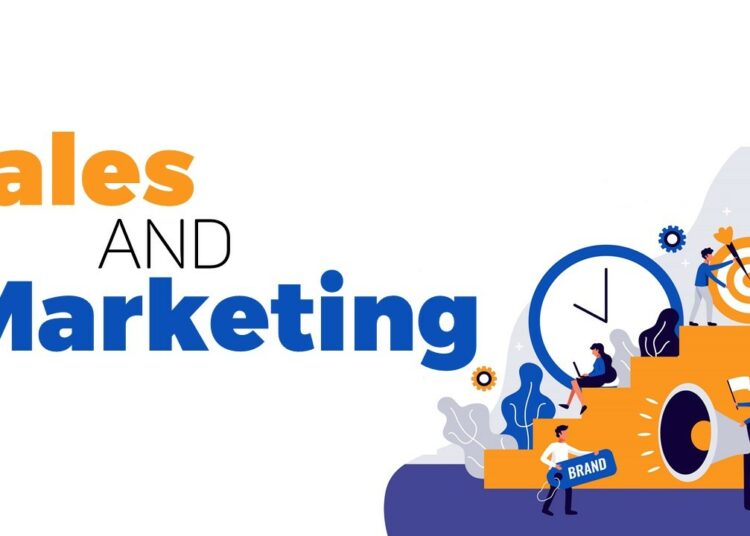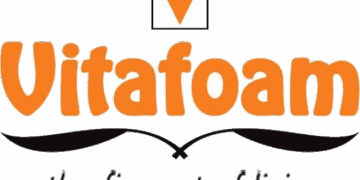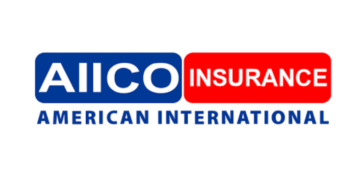No doubt, any country can lower its poverty rate by utilizing direct selling, a retail channel that is utilized by both smaller, entrepreneurial businesses and major worldwide brands to market goods and services to consumers.
Direct selling is a legitimate form of marketing that has been used for centuries. Simply put, it is a kind of marketing in which a manufacturer or corporation sells its goods directly to customers without the need to construct or hire stores, supermarkets, shopping centers, or pay for advertisement. These goods are sent straight from the manufacturer to the customer at home, online, or by other channels.
According to a report by the World Federation of Direct Selling Associations, more than 120 million people in around the world are engaged in direct selling, and the industry as a whole is valued at around $186 billion, suggesting that there are more opportunities than most people realize.
Unlike the traditional retail selling model that requires a person to have enormous capital to setup a shop, stock the shop with products, pay for advertisement, and logistics, the chief strategy, Transformation and Reputation Officer at QNET, Trevor Kuna, averred that direct selling model eliminates those costs because it only requires social media and word-of-mouth to sell goods and services.
Citing an example, Kuna said, “Direct selling is when a company, such as QNET, develops great products and approaches a middleman known as Independent Representative (IR) to assist in selling them without needing to purchase them directly from QNET. The IR earns a commission on each product sold. Everything is handled by QNET, including product shipping. This would have avoided the need for the IR to have a large amount of capital to purchase the goods, the expense of hiring a space to keep the goods, and the logistical costs.
“The IR only has to promote the goods via his social media accounts and word-of-mouth. He will begin receiving his commission if he can persuade just one customer to purchase QNET’s products which ranges from energy, weight management, nutrition, personal care, home care education, technology to fashion accessories. And because all QNET products work effectively as it helps one live a better and healthier life, the IR does not need to do too much work.”
Despite being a massive sector worldwide, direct selling has not yet reached its full potential in many African nations. This is not surprising, as the practice is frequently confused with pyramid schemes in the region.
Shedding more light on this, the chief legal officer, QNET, Nikhil Patel, said, “The primary distinction is that in a pyramid scheme, you make money by recruiting others. Members of the program pay to participate, and they get paid when they refer other people who are also willing to pay. The reason why QNET has a large space to showcase its products is one of the main distinguishing factor. We, at QNET, pay commission because you sell our products to customers, not because you brought people into the business. You are getting paid because you sold our products—not because you brought in customers.
“Second, a pyramid scheme’s tendency to collapse in a comparatively short time is apparent. Because there are too many individuals chasing money up the ladder to the top, those at the top are the ones making all the money, while those at the bottom receive little or no compensation.
“QNET has been in existence for 26 years. We have new people signing up every day. Our long-term success can be attributed to the fact that your commission is determined by the quantity of products you sell rather than the number of people you introduce to the company.”
Tackling poverty
According to Kuna, all signs point to direct selling being able to drastically lower poverty in Nigeria and throughout Africa, particularly for IRs of QNET, even as he harped that an IR can make sales commission by just promoting and selling QNET’s products.
LEADERSHIP findings revealed that an IR can make up to $500,000, and it makes sense as users of its products have claimed that all of QNET’s products extend the lives of those who use them.
“QNET is enabling micro-entrepreneurship. We are giving the IRs great products. The more products you sell, the more sales commission you make. This is a huge opportunity for micro-entrepreneurs in Nigeria to leverage on. QNET has the products that people want and need. QNET supports you along the way with training and education, shipping and handling, business tools, and customer support. All you need do is to sign up as an IR and sell the products and start earning your commission,” the chief communications officer at QNET Ltd, Ramya Chandrasekaran told LEADERSHIP.





